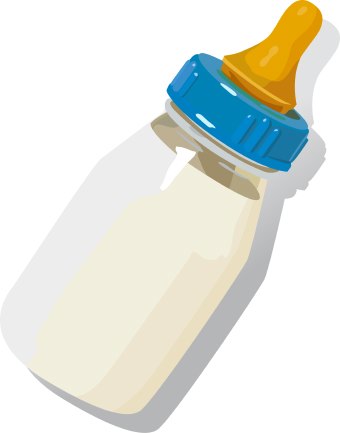If you are a first-time parent, you might be unfamiliar with the routine newborn screenings that are done in hospital prior to taking your baby home.
Don’t fret I have you covered…here is a brief overview of 4 important screenings:
- Metabolic and Genetic Screening:
This test is typically done at 24 hours after birth to screen for genetic and metabolic conditions that may not be detected during a physical examination. Some examples are galactosemia, sickle cell disease, phenylketonuria, and hypothyroidism. This is very important as early intervention or treatment is critical to ensure baby’s development is not impacted if this screening returns abnormal. This testing is also repeated between 7-14 days to maximize the effectiveness of testing for all disorders.
- Hearing Screening:
Clinically significant bilateral hearing loss occurs in 1 to 3 per 1000 live births. This test helps ensure all babies who have any hearing abnormality are identified in a timely manner. An infant with abnormal hearing that goes undetected may have problems with their communication and language development.
- Pulse Oximetry Screening for congenital heart disease (CHD):
This screening is in place to make sure your baby’s heart is pumping blood with the appropriate amount of oxygen. Low levels of oxygen can signal critical CHD.
- Jaundice:
Jaundice is common in newborn babies and your baby may develop visible jaundice. Typically giving the skin and the whites of their eyes a yellow appearance. It is caused by a buildup of a substance called bilirubin which is a normal product that is produced when babies’ red blood cells breakdown. If the bilirubin gets too high, it may be unsafe to go home with your baby so sometimes doctors will advise frequent feedings and/or phototherapy which enhances bilirubin elimination in the urine and stool.
Call your provider immediately if your baby:
- Is very yellow
- Is hard to wake up
- Is very fussy or has high-pitched cry
- Is not feeding 8 or more times in 24 hours
- Does not make enough wet diapers or diapers with stool

